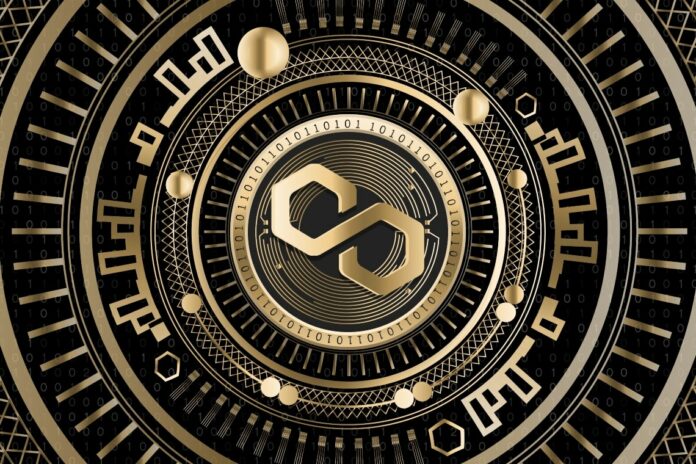The latest crypto news involves tensions between the team of Matter Labs, a company engaged in the development of the ZkSync Era blockchain network, and that of Polygon.
According to reports, Matter Labs allegedly copied part of its rival’s open-source code from the Plonky2 software library, without citing its provenance.
Below are all the details of the affair.
Summary
The allegations from the Polygon crypto project
The Polygon crypto project team is furious with one of its main competitors in the ecosystem of layer 2 scaling solutions, namely Matter Labs.
According to a blog post published on the official Twitter profile of “Polygon Zero,” developers of the decentralized network ZkSync Era allegedly copied part of the rival’s code found in the Plonky2 software library, without reference or attribution of any kind.
The copied code was allegedly included in the recent Boojum test system released by Matter Labs recently.
The issue can only continue in the realm of ethics, without escalating into legal action, considering that Polygon’s codes are open-source and can be read and copied by any user in the blockchain landscape.
In any case when plagiarism of this kind occurs, it is the honest thing to cite the source from where the lines of code were taken by revealing the original authors. In the blog post of the crypto label Polygon these harsh words were used to show total disapproval of attitudes of this kind:
“Copy-pasting source code without attribution and making misleading claims about the original work is against the open source ethos and hurts the ecosystem.”
Matter Labs in turn defended itself by stating that Polygon is purportedly using “false claims” to discredit the competing crypto network.
In detail, within the new invention by ZkSync engineers, references to Plonky2 were allegedly included in the very first line of code.
These are the exact words of the defendants:
“The new Boojum high-performance proof system leverages 5% from Plonky2, which is prominently attributed in the first line of our module. Where else, other than the very first line of our library would this have been included if we wanted it to be more prominent?”

This is not the first time we have heard discussions of this kind between different representatives of the blockchain landscape. Most decentralized finance project codes are public and freely available on GitHub, hence it is easy to think that many protocols take their cues from the work of established developers.
The Polygon crypto project team, rather than whining about a completely legitimate practice by Matter Labs, which was even reported in the first line of code, should be happy that its library is being taken as a reference.
When people say that they open their publications to the public, they cannot expect that they will not be used for other work: after all, the philosophy of open source and free patents is precisely that sharing a code is intended to inspire the community to create an ecosystem rich in applications.
A comparison of the Layer 2 Polygon zkEVM and ZkSync Era networks
At first glance, the allegations of the Polygon crypto project seem to be aimed at discrediting the rival Matter Labs team, which has attracted an interesting amount of users within its decentralized infrastructure in recent months.
It is likely that the two entities will continue to wage war against each other in the future as they both compete for the same slice of the market, amidst increasing competition.
In the past 2 years alone, several cryptographic labels have emerged to develop their own zk rollup scaling solution, such as Starknet, Loopring, Aztec, and Linea.
Matter Labs can boast of running the knowledge-zero network with the highest TVL on the market, not to mention the “optimistic rollup” counterparts that use a totally different off-chain validation structure.
In detail, ZkSync Era counts a total value locked within its smart contracts of $146.8 million with a total of $440 million bridged from the Ethereum network.
The Polygon Zk-EVM network, on the other hand, has not yet achieved the success it deserves with a TVL of $32.8 million and a total bridged value of $54.7 million.

In terms of volume, Zksync seems to be faring much better than the contender, with a significantly larger average trade countervalue.
However, the popularity of Matter Labs’ network may not be the result of a better product, but more feasibly of the narrative about an imminent airdrop coming for early adopters of the infrastructure.
Over the past few months, we have seen an incredible increase in on-chain activity on ZkSync Era both in terms of new users joining and increased volumes.
Considering that both crypto labels are a staple of the internal crypto ecosystem, we hope that Matter Labs and Polygon will soon start collaborating to explore new solutions and use cases for zk networks.
With the next wave of users entering the web3 sector, we will only need to think about how to make decentralized applications faster, more secure, and more scalable rather than warring with each other. There is food for everyone, but unfortunately in business there is never too much hunger.




